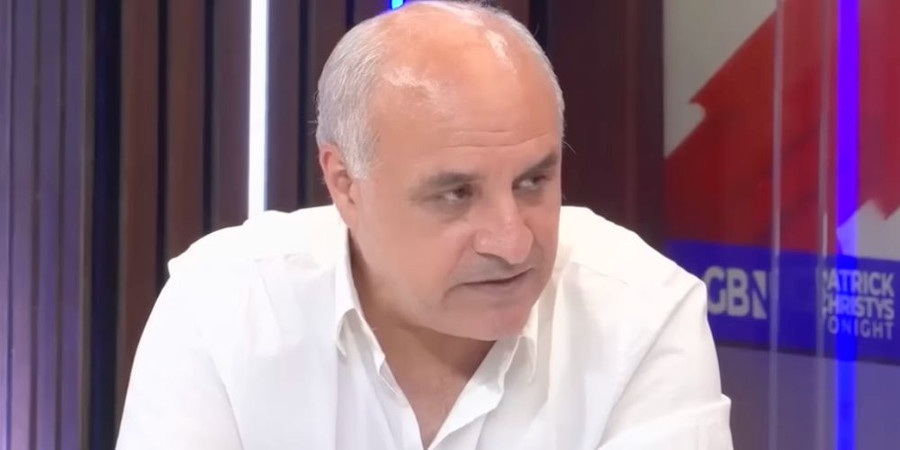Jim DeMint has long had the right idea.
If we want to fix infrastructure, return control of infrastructure spending to the states. Quit laundering the money through agencies in Washington and letting unelected, unaccountable and unfamiliar bureaucrats make spending decisions.
When DeMint served in the Senate, back before he before he became president of The Heritage Foundation, he introduced the Transportation Empowerment Act . The bill basically stands for the proposition that instead of using money from Texas taxpayers to pay for mass transit projects in Massachusetts, let Massachusetts buy its transit system and Texans buy their highways.
Congress is gearing up to consider reauthorization of the Federal Aviation Administration. And some are suggesting it consider a similar approach for air transportation. The U.S. Travel Association has laid out a plan that would cut a variety of fees and surcharges on airline tickets but allow airports to raise the Passenger Facility Charge from $4.50 to $8.50 and permanently adjust the cap for inflation.
What this means in the real world is the big pot of money Washington doles out to airports for repairs, upgrades, expansion and safety improvements largely would dry up. But the pot of money controlled by local airports for use on expansion, safety improvements and ??? most importantly, considering recent allegations of collusion among major American airlines ??? enhancing competition would grow.
Passengers would see their ticket prices fall modestly ??? from $9.50 to $25.50 per ticket, depending on the flight, according to the U.S. Travel Association. But their airports would get better, and the airports that needed the most work would get the most resources.
And it cannot be argued the airports don???t need the help. A $504 billion industry that carries 776 million passengers per year and is responsible for 11.2 million jobs could grind to a halt in coming years if airport funding can???t be straightened out.
Already, many of our biggest, most important airports are hopelessly overmatched. The top 30 airports are responsible for 72 percent of all enplanements and an even higher percentage of airport congestion. The American Society of Civil Engineers gives their structures a D+. Not one American airport ranks among the world???s top 25.
New York???s are in particularly bad shape. Donald Trump has called LaGuardia Airport ???a third-world dump,??? and congestion at the three New York airports costs $6 billion per year in lost business.
And it???s not just New York. A quarter of all U.S. flights were delayed because of congestion last year, the highest level since 2008. And more flights were canceled because of congestion than in any year since 2000.
The current array of fees ??? most of which would be wiped out under the U.S. Travel Association proposal ??? gives the big four American airlines the untaxed revenues they need to limit competition and keep fares unduly high. In many cases, airports have no more space for competitors to move in.
That would change with this proposal. Airports could expand, and regional carriers, which have taken a terrible beating in recent years, could revive. Since 2008, 77 of the top 100 U.S. airports have lost capacity. Medium-size airports have lost a fourth of their flights, and smaller airports have lost a fifth.
The FAA reauthorization affords Congress a chance to enact a conservative principle and significantly improve the state of flying in the United States. It has impetus to act from a public frustrated with delays, an economy that could use a boost from lower fares and the additional commerce that comes with it and an industry in need of a jolt.
It can eliminate the Domestic Passenger Ticket Tax, the Domestic Commercial Fuel Tax, the tax on mileage awards and the tax on international arrivals and departures. It can assert the principle of local control of resources by allowing the passenger facility charge to grow, moving influence over what America???s airports look like in the next century to the communities where those airports operate. It can reduce costs and hassles for travelers, expand opportunities for airlines and boost the American economy as well.
It???s a good idea for highways and perhaps even a better idea for air travel. And there are good DeMint-type conservatives on the relevant subcommittee, such as Mark Meadows, R-N.C., Mark Sanford, R-S.C., and Rob Woodall, R-Ga., who could advance such a proposal.
What we???re doing now doesn???t work. Is Congress ready to try something better?





